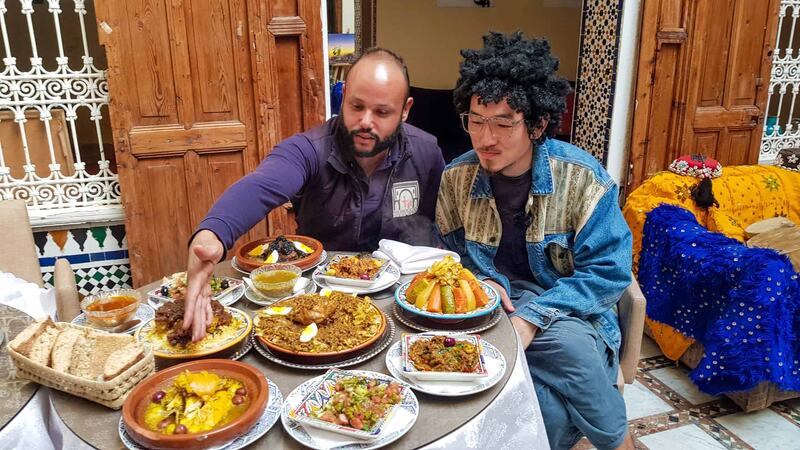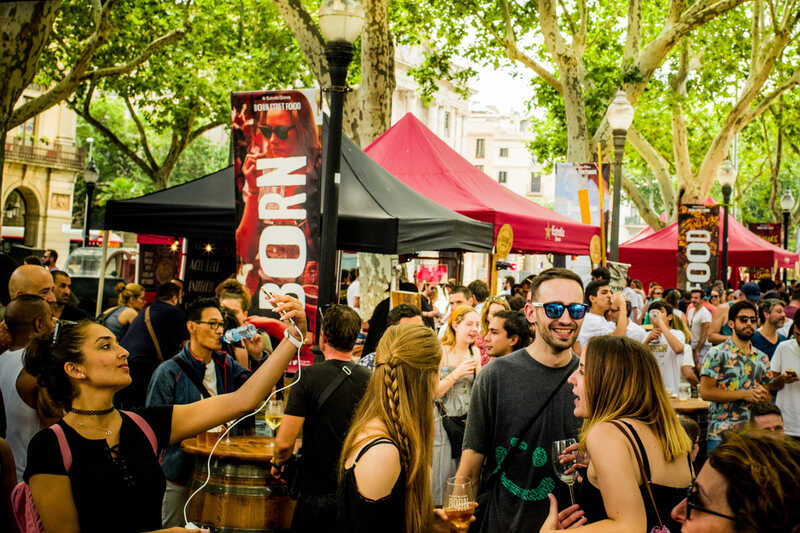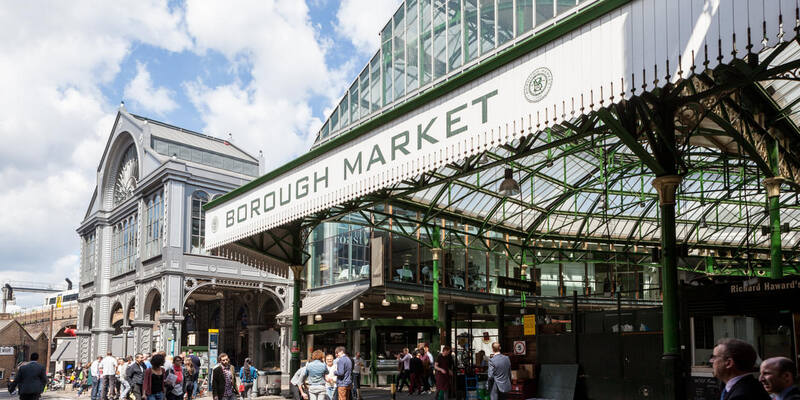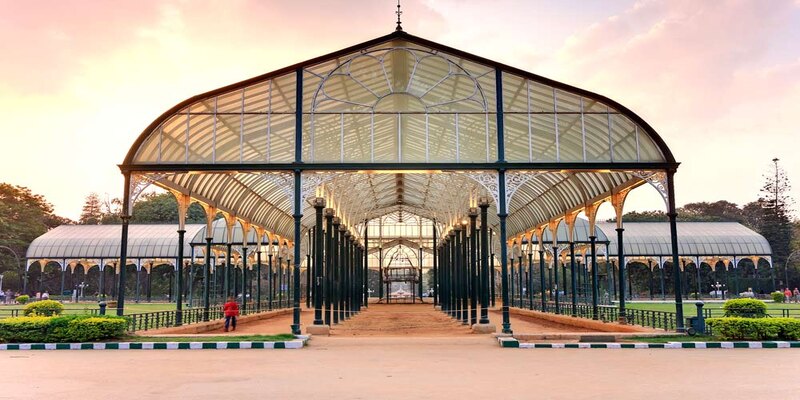Food is not only what keeps us alive, it's also an exciting journey. In many places across the globe, there are special eating encounters that provide more than just a dish; they offer an unforgettable trip into local customs and habits. This write-up will examine five outstanding food experiences that you should think about for your forthcoming culinary exploration.
1. Dining with Locals in Morocco
In Morocco, a classic tagine meal is not only about the food but also an occasion of culture. Tagine is the term for both the cooking pot and stew it produces. This meal made by slow-cooking brings together meats, veggies, and different spices to make complex flavors. In places such as Marrakech, choosing to eat in a riad with locals offers an authentic encounter. Families welcome guests to their houses and give them the chance to enjoy Moroccan kindness along with food cooked at home. This experience may also involve making tagine together, allowing visitors to discover Moroccan spices and how they are used in cooking. The way of serving such meals is in a communal style, highlighting the value of sharing and being together, which is an essential aspect of Moroccan culture.

In addition to the tagine, you can find many more typical dishes in Moroccan cooking which give a broad understanding of local food preparation. Couscous is one such dish, it is a common grain that often gets served with stew made from meat and vegetables. Another example is pastilla; this savory pie has crispy outside layers filled with seasoned meat inside it. When people join these meals they also take part in customs like eating using their hands or using bread as an eating tool. Each dish and practice offers a deeper understanding of Moroccan social and culinary traditions.
- Rich Tradition: Moroccan meals often include a variety of side dishes, such as salads and breads, that complement the main course.
- Cultural Significance: Understanding the role of spices and preparation methods in Moroccan cuisine provides insights into the countrys cultural heritage.
2. Savoring Sushi in Tokyo
The reputation of Tokyo for sushi is far-reaching, yet the act of partaking in it surpasses mere fish consumption. Sushi in Tokyo, especially at Tsukiji Market, provides an opportunity to sample some of the most fresh seafood globally. The making and showing off of sushi is treated as a form of art here. Every single piece is carefully created by talented chefs. Sukiyabashi Jiro is an example of a high-end sushi restaurant. Such places take you through a full culinary adventure beginning with choosing top-quality ingredients and finishing off on the last bite that's perfectly balanced. If you want to have a special experience, try eating at the sushi counter where every piece is made by the chef right in front of your eyes. The communication between the chef and the person eating brings an individual feeling to this mealtime and also gives an understanding of how carefully sushi gets prepared.
While the traditional sushi experience is undoubtedly present in Tokyo, you can also find various regional sushi styles. For instance, there is Edomae sushi that uses ingredients preserved in old-fashioned methods. Trying out different sushi places around Tokyo could give you a wider view of seafood practices and discoveries in Japan. The scene for sushi has both modern interpretations and fusion styles that mix traditional methods with current tastes.
- Regional Variations: Tokyo features different styles of sushi, such as Edomae, which highlight various local preservation techniques.
- Chef Interaction: Dining at a sushi counter offers a chance to engage with chefs and learn about their craft directly.
3. Exploring Street Food in Bangkok
In Bangkok, the food on its streets is like a lively painting with many different tastes. You can find all kinds of dishes from noodles that make your mouth hot to sweet desserts. Sellers who work in the streets are very important for this city's food culture and they offer a wide range of foods that show diversity in cooking style from across our country. For example, pad Thai which means "Thai-style stir-fried noodles" is one common dish you will see at many street shops where each has their special way to prepare it. Street food tours in Bangkok offer an opportunity to try out popular local dishes while discovering their history and how they are cooked. It is a full-on experience where you can savor real Thai flavors with all the energy and activity of street life.
Bangkok's street food presents a lively atmosphere, not only concentrated on the taste and variety of dishes available but also on the feel of markets. Several street food stalls can be found in busy markets such as Chatuchak or Khao San Road where one gets an opportunity to experience local life and culture along with their delicious offerings. Also, we must think about safety when it comes to eating out on these streets. We need select vendors who have good levels of quality so that our meals are both safe and enjoyable there too.
- Market Atmosphere: Markets like Chatuchak offer a lively setting where you can experience both the food and local culture.
- Food Safety: Opt for stalls with high turnover rates and clean preparation areas to ensure food safety.
4. Participating in a Food Festival in Barcelona
In Barcelona, you can savor the city's famous culinary customs by joining a nearby food festival. Popular events like the Barcelona Wine & Cava Festival display the gastronomic variety of this place with numerous wines, cheeses, and local dishes available for tasting. Usually, these festivals include cooking exhibitions, sampling, and workshops that provide an all-around understanding of Catalan cuisine. If a person goes to this festival, they can meet the local chefs, taste different kinds of fo,o d and learn more about the culture related to Barcelona's cuisine.

The food festivals in Barcelona also allow people to discover the changing food trends of the city. Numerous festivals showcase inventive cooking methods and fresh culinary fashions, together with customary dishes. By participating in these festivals, you not only encounter typical Catalan tastes but also stay current with ongoing changes within the local food culture.
- Innovative Dishes: Festivals often feature new culinary trends and techniques alongside traditional Catalan dishes.
- Local Interaction: Attending workshops and cooking demonstrations provides insights into modern and traditional Catalan cooking methods.
5. Experiencing a Traditional Italian Feast in Florence
In Florence, eating is frequently a festivity of Italian cooking customs. A typical Italian dinner party, called "cena," implies enjoyment in sharing food and consists of numerous courses. A usual dinner begins with antipasti and continues to pasta with a meat or fish course before ending with dessert. Florence is famous for its attention to top-notch ingredients and typical cooking methods, like ribollita which is a strong vegetable soup, or Florentine steak which refers to big beefsteaks cooked on the grill. Joining a conventional Italian feast lets you deeply explore the regional food culture and taste what it means when Italians say they love family, tradition, and gastronomy.
Feasts in Florence are commonly held at trattorias or family-owned restaurants that have kept the tradition of making classic dishes for many years. These places stress on using ingredients from nearby areas and what is in season, guaranteeing freshness in every dish prepared. Participating in such meals gives a chance to not just taste Florence's varied culinary history but also know about the place's dedication to preserving traditional cooking techniques.
- Local Ingredients: Traditional feasts focus on seasonal and local ingredients, reflecting Florences culinary commitment.
- Family Tradition: Many feasts are held in family-owned establishments, offering a glimpse into Florences dining traditions.
Conclusion
Every one of these food experiences gives more than only a dish; they allow you to be linked with the culture, customs, and individuals related to the food. No matter if it is eating with residents in Morocco, enjoying sushi in Tokyo, trying street cuisine from Bangkok, or joining a food festival held in Barcelona, each adventure offers its own distinct and unforgettable culinary trip.











